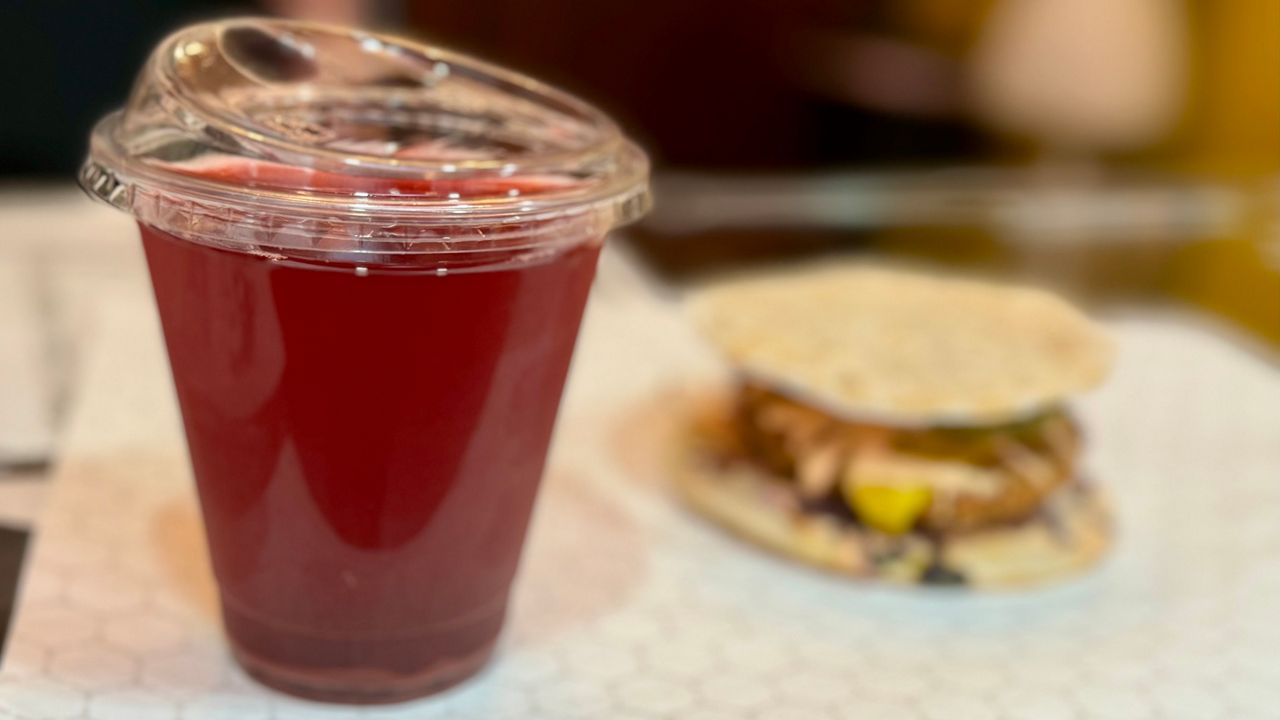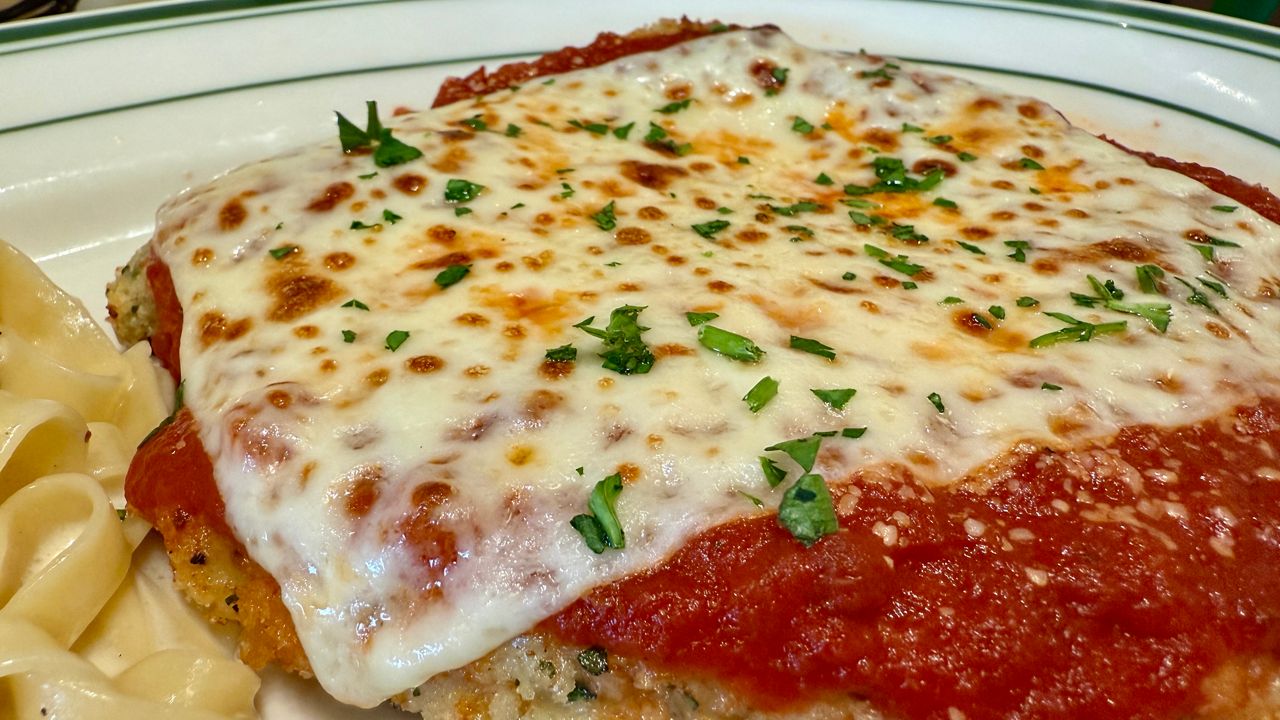DAYTONA BEACH SHORES, Fla. — Time for some “Cooking with Costa.” Costantino Padovano is a personal chef and DJ, so expect to be entertained while you nosh on num nums, or fava beans and chicory if you want to get technical.
In this case, these num nums are flavors from southern Italy. Costa welcomed us into his beachfront condo to demo "the Italian way."
Let's cook!
Fave & Cicorie (Fava Beans and Chicory)
Ingredients:
- 14 oz. Dried Broad (Fava) Beans, peeled
- 14 oz. Chicory
- 2 Bay leaves
- Extra Virgin Olive Oil to taste
- Sea salt to taste
Preparation:
- Soak the beans for 12 hours in a bowl with plenty of cold water. You can do this the night before preparation. After the necessary time, rinse the beans and cook them in a saucepan, adding plenty of water and the bay leaves in pieces or whole.
- Cook over low heat, closing the pot with the lid for about 2 hours as the beans release the typical froth, remove it with a slotted spoon.
- In the meantime, you can blanch the chicory, previously washed and cleaned, in salted water. Once ready, drain it and put it in a bowl. Continue cooking the beans by adding a little salt and, when almost cooked, stir continuously with a wooden spoon, until they have the consistency of a puree.
- Tip: The ideal pot for preparing broad beans and chicory is the terracotta one, which guarantees slow and uniform cooking. Alternatively you can use a steel pot with a thick bottom.
Here's some bonus history from Chef Costa:
Fava beans and chicory: The recipe of the simple and genuine Apulian dish, Fave e Cicoria (fava beans and chicory) is a popular dish in Puglia, the heel of Italy’s boot. It takes inspiration from Egyptian bean purées across the Mediterranean and uses a few quality ingredients in similar ways. Bitter greens balance the warm, hearty flavor of the bean puree perfectly in this simple 4-ingredient dish. Allow extra time for soaking the dried fava beans. In some areas of Puglia, this dish is called "ncapriata,” a term that reveals its history and antiquity from the Latin "caporidia,” derived from a Greek term "kapyridia,” meaning a sort of polenta obtained with pounded grain.









